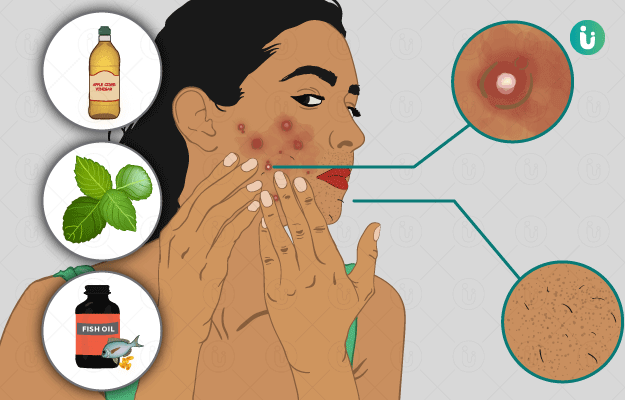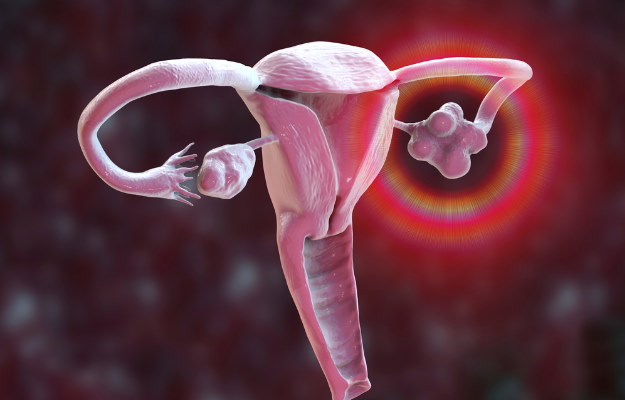Polycystic ovarian syndrome, commonly abbreviated as PCOS, is a hormone imbalance disorder in which lots of immature follicles (cells) collect in the ovaries.
Regardless of the name, not all women with PCOS actually have cysts. But they do have a lot of the same symptoms like irregular periods and difficulty getting pregnant.
Many women with PCOS also have the same co-morbidities (health conditions that often occur together). Previous research has established that women with PCOS are more likely to be overweight or obese, have diabetes, and have high blood pressure.
Now, a study published in the European Journal of Preventive Cardiology, the peer-reviewed journal of the European Society of Cardiology (ESC), has shown that women with PCOS are also at high risk for heart disease.
World Health Organization data show that over 116 million women worldwide (that's 3.4% of women on earth) have PCOS. In India, 20-25% of women of reproductive age may have this condition. The findings of this study would be relevant to many of these women and their families. Read on to know more:































